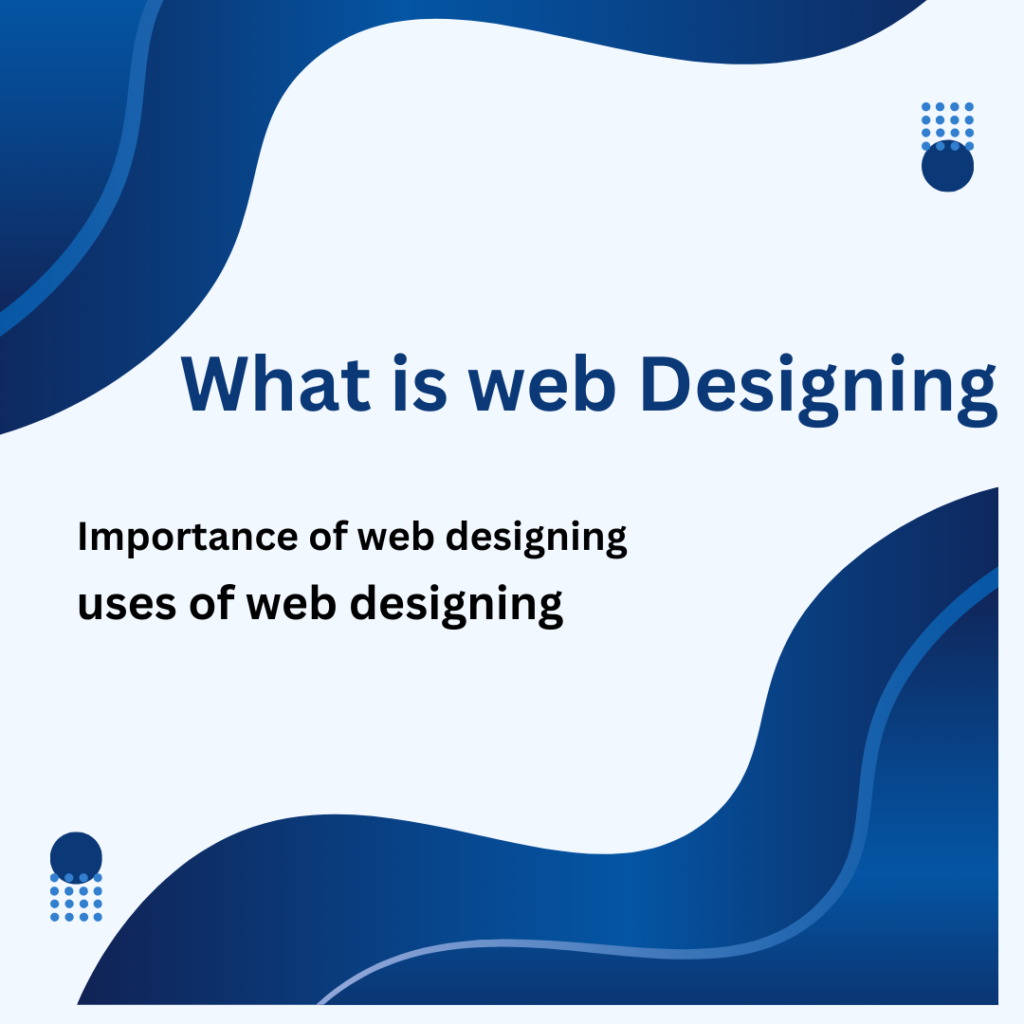People who take a web design course gain the necessary abilities to build both practical and attractive websites. The curriculum typically involves design concepts like typography, color theory, and layout in along with HTML, CSS, and JavaScript instruction. Through projects, students learn how to use technologies like Adobe XD and Figma and get practical experience. Responsive design is covered in the course to make sure websites function on a variety of devices. It emphasizes real-world knowledge and practices that are applicable to the web design and development companies, training individuals for jobs in these fields. It is recommended to pursue ongoing education in order to stay current with emerging technology and industry trends.
Table of Contents

Importance of web designing course
Enhancing Technical Skills and Knowledge
A web design course provides fundamental training in key technologies and tools used in web development, such as HTML, CSS, JavaScript, and design software like Adobe XD or Figma. Mastery of these technical skills is essential for creating functional and aesthetically pleasing websites.
Fostering Creativity and Design Principles
Courses teach core design principles, including typography, color theory, and layout, enabling students to create visually engaging and user-friendly websites. Understanding these principles helps in crafting designs that effectively communicate messages and enhance user experience.
Offering Hands-On Experience
Practical projects and real-world scenarios are integral parts of web design courses. By working on live projects, students gain hands-on experience, applying theoretical knowledge to create and refine websites, which builds confidence and competence in their design abilities. What is web designing course
Preparing for Career Opportunities
A web design course opens doors to various career paths such as web designer, UI/UX designer, and front-end developer. It equips students with industry-relevant skills and a portfolio of work that is valuable for job applications and freelance opportunities. What is web designing course
Keeping Up with Industry Trends
The digital landscape is constantly evolving, and a web design course ensures that students are updated with the latest trends, technologies, and best practices. Continuous learning in these areas helps maintain a competitive edge in the fast-paced web design industry. What is web designing course
Advantages of what is web designing course
Benefits of Taking a Web Design Course
1. Technical Knowledge and Skill Development
A web design course gives individuals a solid technical foundation by educating them the basic concepts of HTML, CSS, JavaScript, and design tools. To create websites that are simultaneously visually appealing and practical, this expertise is essential.
2. Awareness of Design Elements
Important design concepts including typography, color theory, and layout are taught to students. Understanding these ideas guarantees that designs are both aesthetically beautiful and efficient in conveying information to consumers.
3. Practical Knowledge of web designing
Practical projects that let students use their knowledge in real-world situations are an essential component of courses. This practical experience contributes to the development of a strong portfolio, which is beneficial for freelance employment and job applications. What is web designing course
4. Job Opportunities
After completing a web design school, one can pursue a variety of employment routes
Challenges of what is Web Designing course and Development
Time-Consuming: Web design and development can be a lengthy process, encompassing stages such as planning, designing, testing, and ongoing maintenance. Crafting a website that aligns with a client’s needs and expectations may take weeks or even months.
Costly: Engaging professional web design services can be expensive, particularly for intricate websites requiring bespoke designs and functionalities. This cost can be prohibitive for small businesses or startups with tight budgets.
Ongoing Maintenance: Websites demand regular maintenance and updates to ensure optimal performance and security. This can be labor-intensive and costly, particularly for sites with numerous pages and complex features. What is web designing course
Creativity Constraints: Adhering to industry standards and guidelines can sometimes constrain a designer’s creativity. This may result in websites that are less distinctive and more similar to one another.
Compatibility Issues: Websites developed with specific technologies or software might not function consistently across all browsers and devices. This can lead to a subpar user experience, potentially impacting traffic and revenue.
Conclusion of web designing
In summary, while web design and development are critical for effective digital marketing—helping to attract, engage, and retain the target audience—a well-designed website can boost brand recognition, build trust, enhance user experience, improve conversion rates, and support SEO efforts. However, the process can be time-consuming, costly, and require ongoing maintenance, while also posing challenges related to creativity and compatibility. It’s essential to carefully consider these factors when deciding to invest in web design and development.





